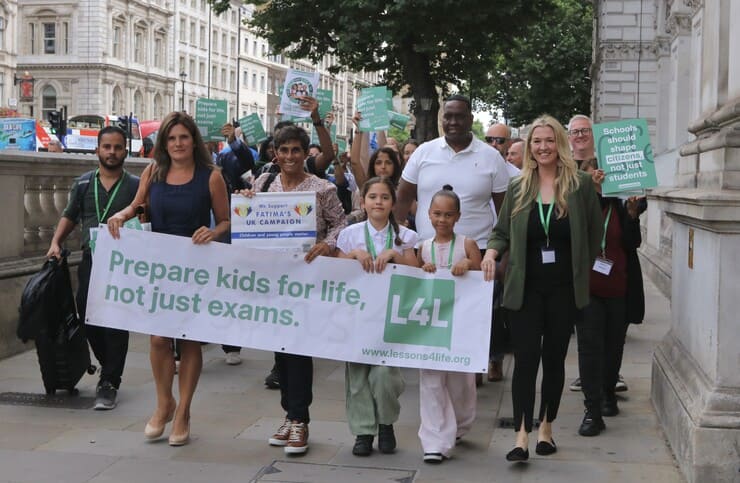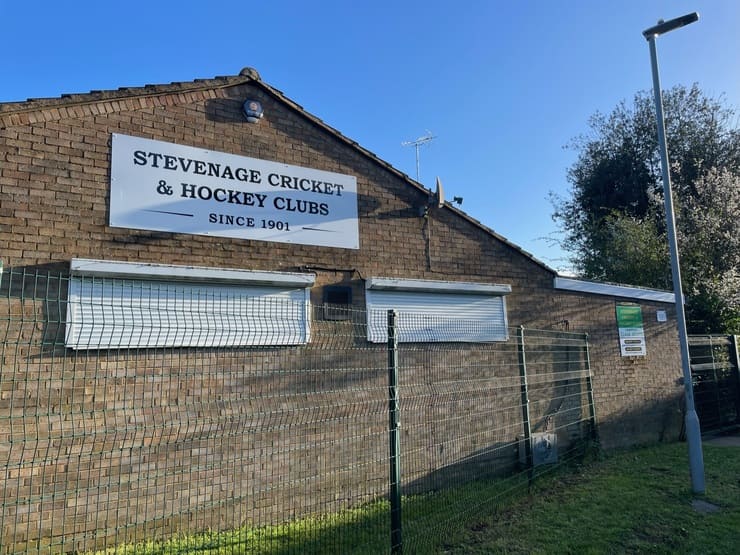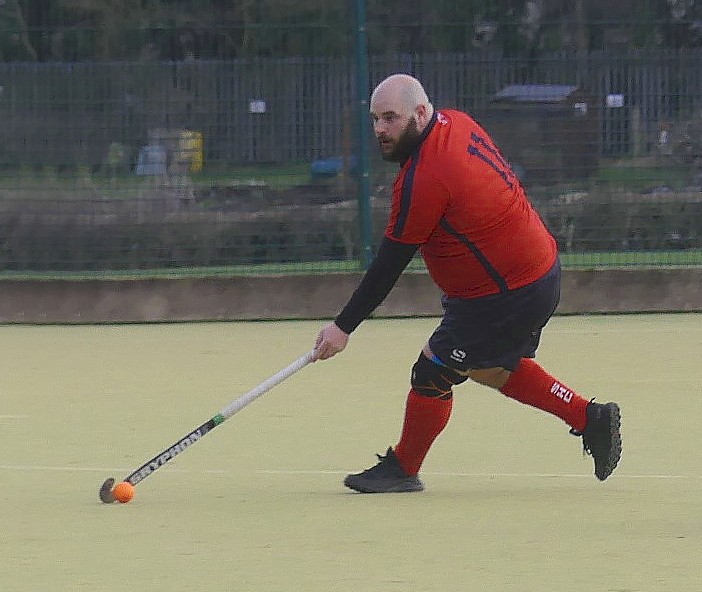Lessons4Life, a UK-wide collaboration of organisations led by Stevenage-based 1decision dedicated to improving children’s futures by advocating for stronger personal development education, has launched its white paper The cycle of missed opportunities (and what we need to do about it).
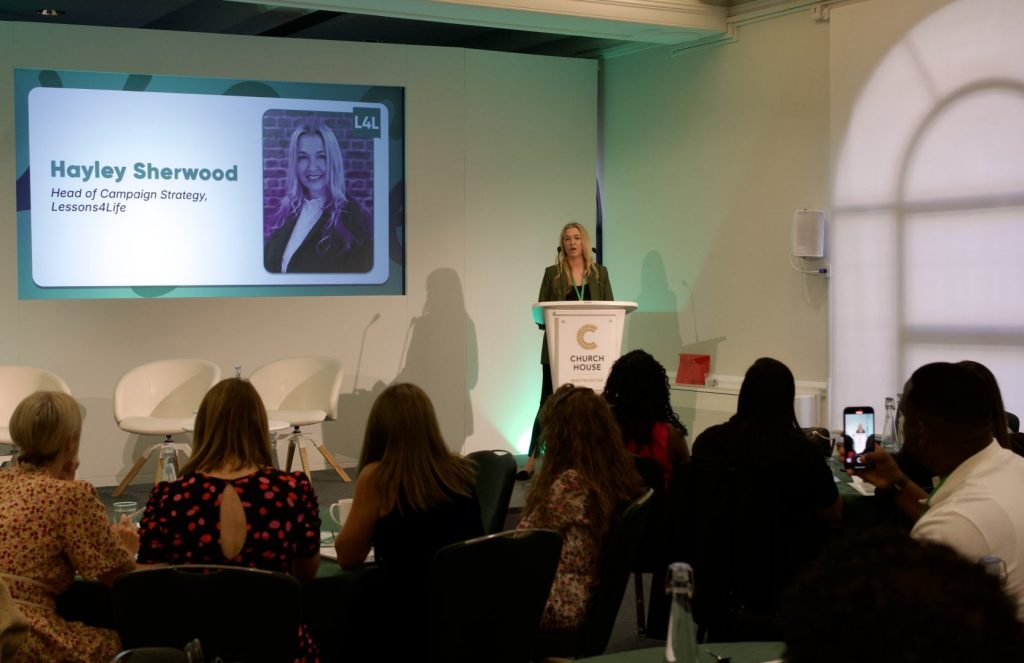
The launch, which was held on 9th July at Church House Westminster and opened by David Baines MP, a former teacher, was followed by delivery of the white paper to Downing Street. Making the societal and economic case for “bridging the gap in personal development education”, including the ask for Professor Becky Francis CBE and her Curriculum and Assessment Review team to “give due consideration to this as part of their evaluation of PSHE, RSHE, Religious Education, and other curriculum areas linked to personal development”, the white paper says in summary:
“Despite multiple policies focusing on children’s personal development and life skills, the current approach is fragmented, leaving gaps in young people’s preparedness for life. Schools struggle to navigate overlapping guidance, teachers lack the necessary support, and pupils enter secondary education without the key skills they need to thrive. Our research highlights a significant need for a cohesive, structured, and measurable approach to personal development education that prepares children for their futures.”
The white paper, supported by an ongoing Prepare Our Kids For Life – Not Just Exams petition, makes four key recommendations drawing on extensive research and independent data:
- DfE Policy Consolidation: A Unified Framework for Personal Development
Recommendation: Consolidate multiple overlapping policies into one cohesive policy that simplifies and strengthens personal development delivery in schools.
Why? Schools need clarity and consistency. By providing a clear framework, we ensure:
- Teachers have a structured approach to teaching personal development and life skills.
- Pupils know what they should learn and the skills they should acquire at each key stage.
- Clear goals not only support pupils but also enable teachers to focus on delivering what is truly essential.
- Gaps in personal development are addressed early, ensuring equal life chances for all.
- National Measurement Framework: Tracking Progress & Targeting Support
Recommendation: Introduce a national Personal Development Measurement Framework to assess and track pupils’ progress.
Why? Improvements begin with measurement. A structured assessment approach would:
- Identify gaps early and enable targeted interventions.
- Help schools measure progress and provide evidence-based support.
- Improve pupils’ confidence, wellbeing, and academic success.
- Enable the sharing of valuable evidence with parents/carers, empowering them to support their children’s personal development from home.
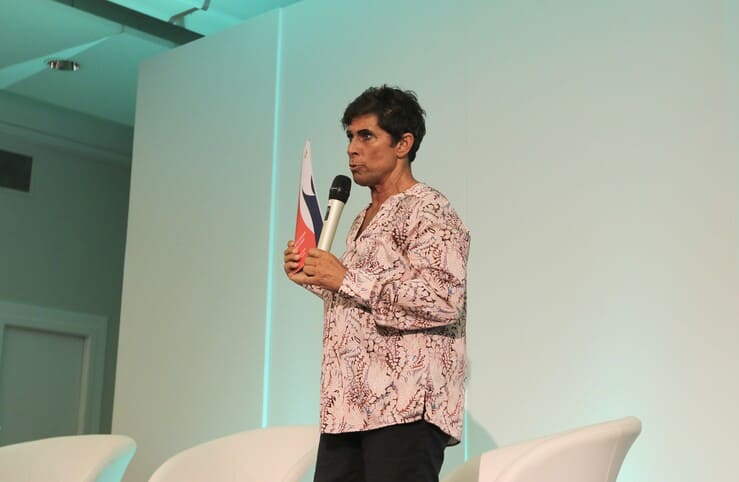
- Comprehensive Training for Educators: Empowering Teachers for Impact
Recommendation: Invest in high-quality training for teachers and school staff to deliver effective personal development education.
Why? Teachers play a critical role in shaping young people’s futures, yet many feel unequipped to address the challenges their pupils face. Training would:
- Increase teacher confidence in delivering personal development education.
- Ensure inclusivity, particularly for SEND pupils.
- Enable schools to adapt curricula to better support pupils’ needs.
- Committed Funding & Support: Investing in a Long-Term Solution
Recommendation: Secure dedicated funding to provide long-term resources and support for schools.
Why? Without sustainable investment, change will remain superficial. Funding will:
- Provide access to essential resources and professional support to enhance teaching.
- Reduce government spend and the strain on public services.
- Create a long-term societal shift, ensuring future generations of parents are better equipped to support their children’s personal development at home.
“Three viable funding routes” presented are a Health-Linked Levy on High Fat, Sugar, and Salt Products, Digital Services Tax (consider raising this from 2-6%), and Reallocation of Top-End Government Spending on Preventable Issues. “Investing in personal development from early years through to school-leaving age is a cost-effective, strategic intervention; one that will generate returns not only in improved life outcomes but also in future savings across multiple departments,”, the white paper says.
These “realistic, research-backed recommendations” are informed by multiple sources of evidence that “proves the need to change”:
- Pupils’ Readiness for Secondary Education: Pilot study of Year7 pupils across 15counties in England, revealing key personaldevelopment gaps.
- Teacher Insights: Data collected from 6,000+ KS3 teachers via TeacherTapp, assessing pupils’ readiness for secondary school.
- Parental Perspective: Surveys from ParentKind and SchoolTV, highlighting concerns about life skills education.
- Key National Statistics: Data on children’s safety, mental health, and wellbeing, reinforcing the urgent need for intervention.
The white paper concludes: “The case for investing in personal development is clear. The evidence is compelling, and thetime to act is now. We call on the Department for Education, government leaders, andstakeholders across health, social care, and education to work together in turning theserecommendations into a national priority. To create meaningful change, it must come from the top. Whether through policy change,funding support, or collaboration, we are calling on you to play a vital role in creating afuture where all children are empowered to thrive – not just academically, but personally,socially, and emotionally.We believe that by providing 10-15 years of meaningful input into our education system, wewill raise a generation of parents and carers who are better prepared to support theirchildren at home – easing the burden on schools and ensuring it is no longer solely theirresponsibility to meet these vital personal development needs.”
Hayley Sherwood, Head of Campaign Strategy, Lessons4Life, said:
“We’ve been overwhelmed by the support for our Lessons4Life white paper, with an incredible number of attendees coming together from different backgrounds, all working towards the same goal: keeping children safe and healthy. This event has united safeguarding professionals, school leaders, MPs, policymakers, community workers, passionate individuals, and bereaved parents who have experienced the worst of what society can bring. Throughout the day, we shared diverse perspectives, heard thought-provoking speeches, and built a thinktank which we hope will encourage the curriculum team and government to make a bold move: embedding personal development as a core part of our curriculum, for every community across the country, to help improve society for all.”
Paul Wright, Founder and CEO of the Alliance 4 Children, and Public Health Director at Health EDCO & Childbirth Graphics, explained:
“We’re in a situation where we’ve got a real opportunity to push for funding and Lessons4Life is a major component because what we’re saying is that whilst the PSHE and RSHE curriculum is going to change slightly, really this is about developing life skills across the whole school and community, so a much more holistic discussion. We need to ensure the young people of today growing up have the necessary life skills. Lessons4Life’s perspective is, ‘let’s broaden this out, let’s not just have these compartmentalised into British Values, citizenship, and so on’. This has to be done under a wider scheme of working. We must put children back at the forefront again, and make sure we all understand that they are going to be part of a productive society, but we’ve got to look longer term.”
Kit Brown, Year 4 class teacher, Peartree Spring Primary School, and author of How to Shine at Primary School: Build Classroom Confidence and Playground Positivity, commented:
“The Lessons4Life campaign is important because it encompasses everything we do in school, and everything we want for the children that we teach, really placing high importance on children’s social, emotional and mental wellbeing. This is ingrained in everything we do in school and it’s interwoven into every subject. I think everything starts with education. We have a lot of problems in our society, every time you turn on the news it’s something negative, and whilst we can’t solve that (particularly in primary schools) we can definitely influence the next generation to make the right decisions and make better choices in their lives. We can send out a positive message that hopefully encourages children to then to make a positive impact on society.”
Teresa Skeggs, Executive Headteacher, Peartree Spring and Featherstone Wood Primary Schools, added:
“It’s absolutely true that we want our children to be really good well-rounded people and Lessons4Life campaign is part of that. It’s going to be something we can teach and children can move forward with their own development. We can help children with making the right decisions about things in their life that perhaps they need some guidance on. I would like children to be given the opportunity to make the right decisions and make the right choices based on what we’ve tried to teach them. It’s really important to give children the confidence to express and value their opinions, to say what they want to do and how they want to change things.”
Other speakers throughout the day were:
- Fatima Whitbread MBE, Chair, Fatima’s UK Campaign.
- Jim Nicholson, Headteacher, Mellor Primary School/CEO, The Honeycomb Education Trust.
- Cordell Jeffers, TEDx and keynote speaker, ambassador of The King’s Trust charity.
- Dr Joshua Heyes, Senior Lecturer in Education, University of Lincoln.
- Ellen Roome, online safety campaigner, Jools Law.
- Joel Dunn, Founder and CEO, Paradigm Project.
- John Southworth, Head of SchoolTV UK.
- Kim Collins, BBC Global Head of Safeguarding.
- Michael Pusey MBE, Founder, A Safe House.
- Rhiannon Dineen, Founder and Director, Communities Against Violence.
- Sosa Henkoma, expert by experience in criminal exploitation.
- Gabby and Marnie, co-hosts, Lessons4Life podcast.
Last week, a new PSHE assembly Click or Quit? was launched to help children learn how to stay safe online. “Over 2,000 schools have signed up to this free resource – the response has been amazing,” Hayley said. “This campaign is just one element of the wider life skills and threats that children need to learn about urgently.”
Lessons4Life partners and supporters include: 1decision, Alliance 4 Children, Blue Cow Education, Communities Against Violence, East Learning, Encompass Education, HeadteacherChat, Health & Wellbeing in Schools, Health Edco, ISPCAN, Lancashire Personal Development Service, My Body is My Body, National Association for Primary Education, Persona, Personal Development Matters, PSHE Solutions, Reedham Children’s Trust, Safeguarding Fundamentals, SchoolTV, Seventh Wave Education Group, Teach Cancer A Lesson, TeacherToolkit and youHQ.
